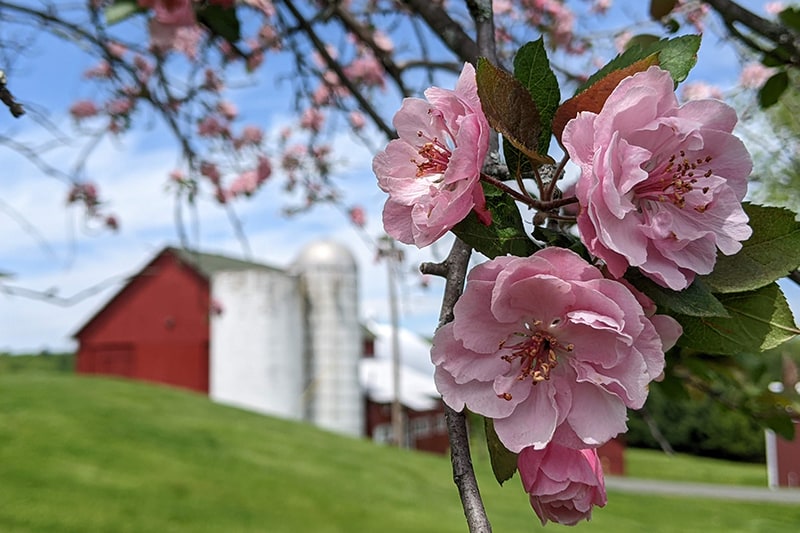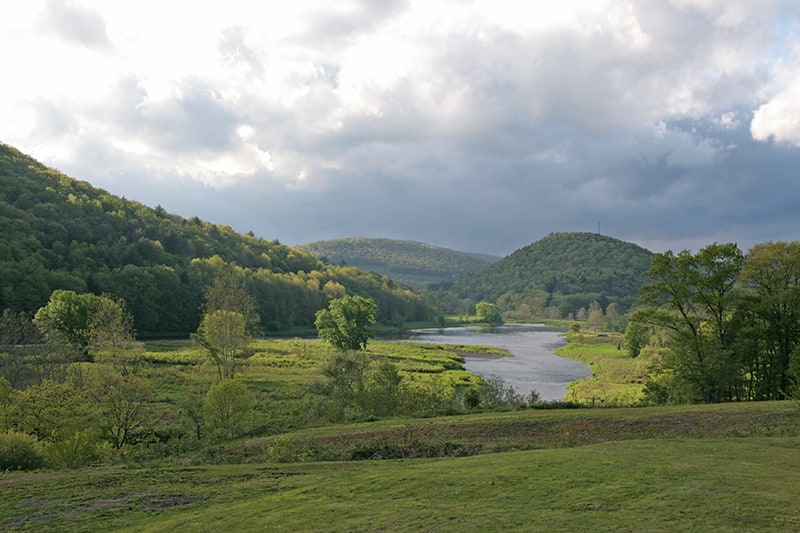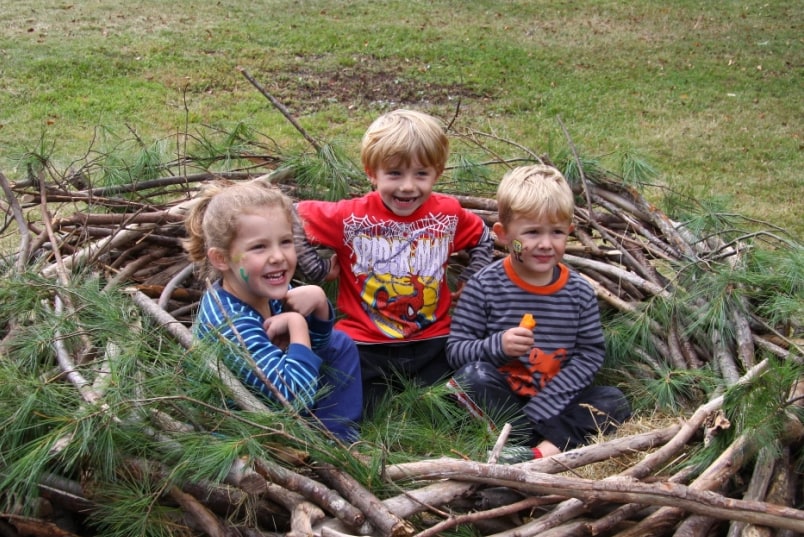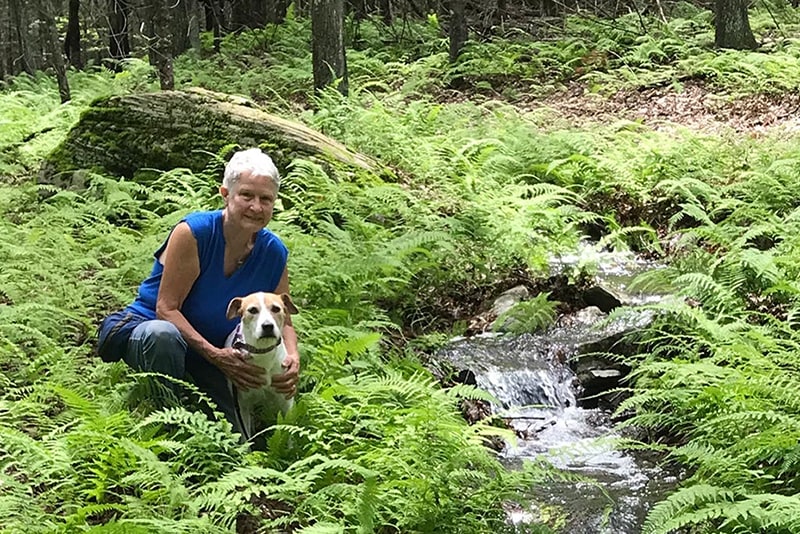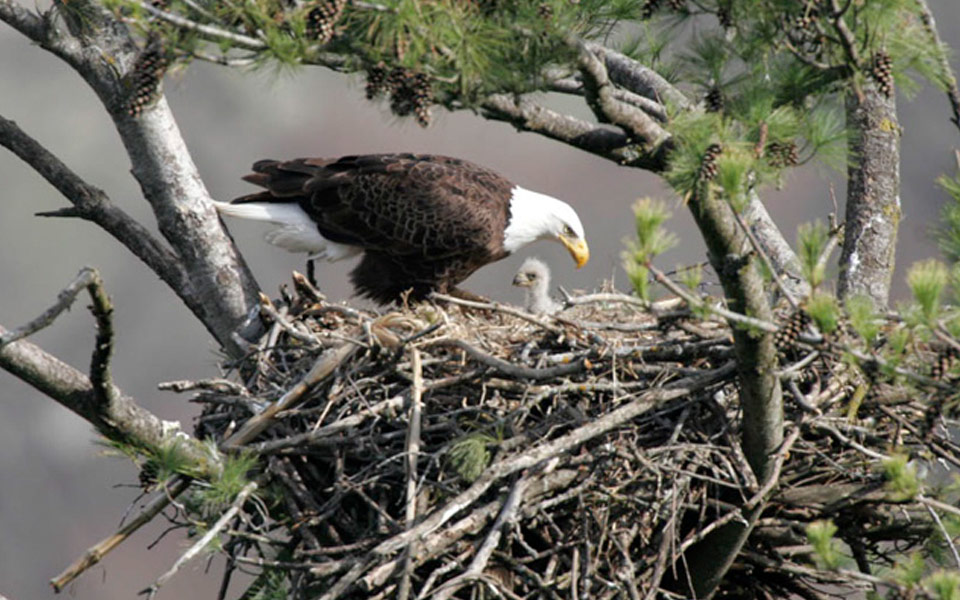About
Our Mission: To conserve the forests, farmland, clean waters, and wildlife habitat of the Upper Delaware River region for present and future generations and to foster environmental stewardship through community engagement.
The Delaware Highlands Conservancy is an accredited land trust dedicated to conserving the natural heritage and quality of life in the Upper Delaware River region in partnership with the region's landowners and communities.
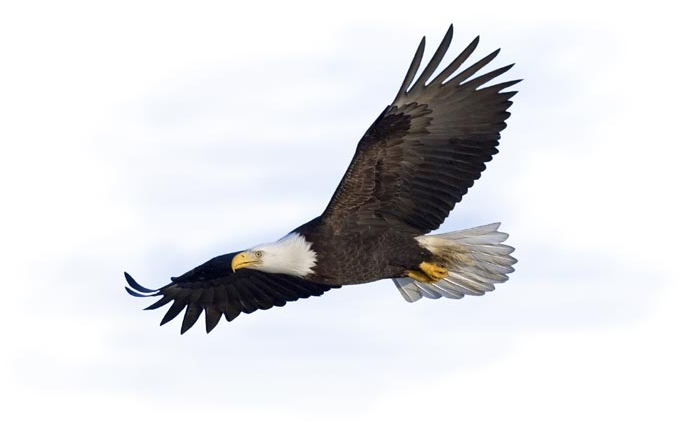
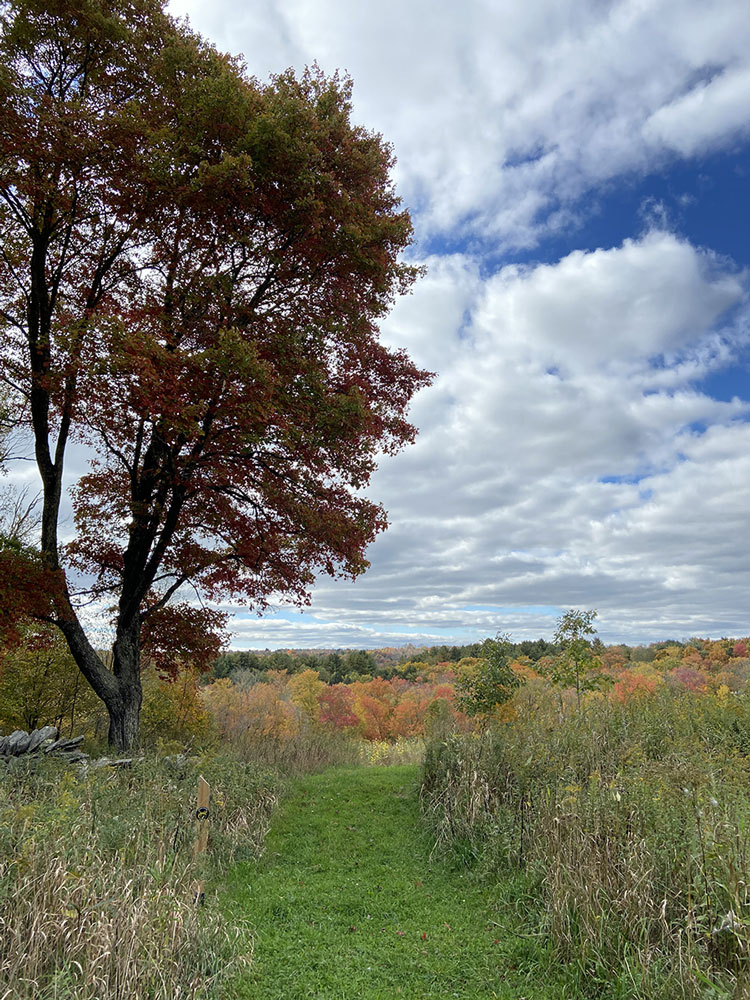
For the Conservancy, the phrase natural heritage is vital. It implies much more than nature as “resource.” Nature as our heritage communicates the multi-generational tradition of our region’s people living in and from special relationships with our lands and waters—our farmers and foresters, hikers, hunters, fishermen, and families who love living where they have room to roam and where they can share space with deer, bear, and eagles. Our natural heritage is as much the farm and forest products that support our local economies as it is our pristine waters and healthy woodlands. Protecting and sustaining our natural heritage now and for future generations is the shared responsibility of all the citizens of our region.
The Conservancy is committed to protecting our natural heritage and sustaining our rural quality of life by focusing on the connections between people, healthy lands and waters, and strong local economies.
Through our land protection efforts and community outreach, the Conservancy connects our region’s local communities to the importance of actively supporting and sustaining our farms, forests, and waters. With the support of our members and strong core of citizen volunteers, we conserve the precious agricultural and forest lands vital to healthy local foods, clean drinking water, biological diversity, outdoor recreation, and to the overall beauty and quality of life we enjoy in the Upper Delaware River region.
The Delaware Highlands Conservancy is a non-profit 501(c)3 land trust governed by a volunteer Board of Directors »
Our Story of Success
In the early 80s, Conservancy founder Barbara Yeaman, compelled by a love for the Delaware River and region, bought property on the Delaware River in Milanville, PA. As a landowner, Barbara quickly understood the need for landowners to be able to protect their lands in ways that worked for them and their families and, at the same time, contributed to the overall health of the region’s farms, forests, and waters. In 1994, the Delaware Highlands Conservancy was born. Barbara’s twelve acres on the Delaware River was one of the Conservancy’s first conservation easements.
In the past three decades, the Conservancy has grown from an all-volunteer organization to a nationally accredited land trust with eight full- and part-time staff members, a strong board of directors, and a core of committed volunteers dedicated to supporting all the Conservancy’s land protection and community outreach efforts.
The Conservancy has offices on both sides of the Delaware River in Beach Lake, PA and Jeffersonville, NY. Barbara’s initial twelve acres protected is now part of over 19,000 acres protected to date. More than 70 landowners and communities from diverse backgrounds have worked with the Conservancy to place more than 80 conservation easements on their properties. These lands include working farms and woodlands, boggy wetlands, hunting clubs, small fruit orchards, experimental forests, streams and riverbanks.
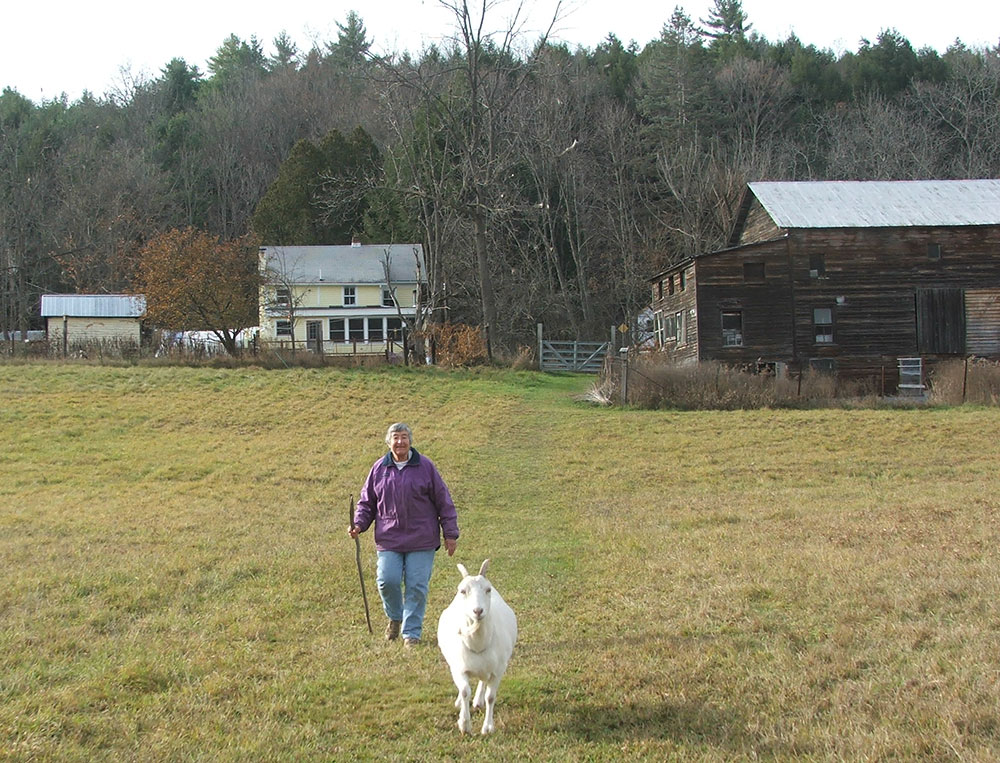
Connect & Learn
The Conservancy also provides ample opportunities to learn about and connect with the working lands, natural spaces, and waters of the Upper Delaware River region. We offer guided hikes, canoe trips, eagle-watching excursions, and evenings of guided star gazing.
We conduct educational workshops on diverse topics and coordinate programs like the Green Lodging Partnership that connect residents and visitors with everything that makes the Upper Delaware River region special.
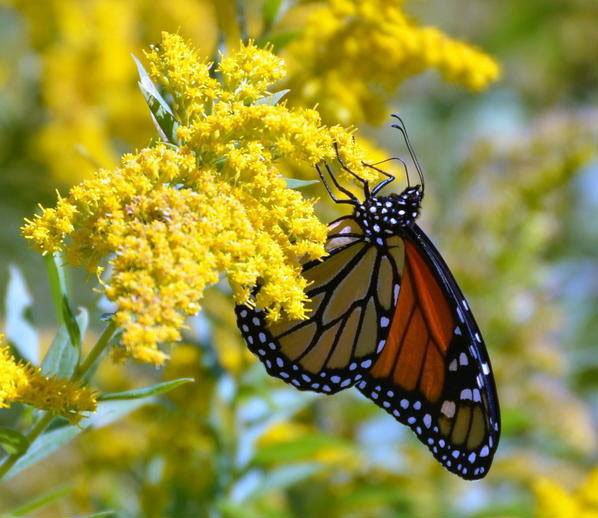
Onward to the Future
There is much work still to do. The lands, waters, and local economies of our region continue to face many challenges, from industrial sources like natural gas drilling to increased economic pressures compelling farm and forest land owners to sell their lands for development. Caring for and conserving our healthy lands and waters now is much easier than trying to recover them after they have been damaged by or lost to development or industrial pollution.
The Conservancy is dedicated to continuing its land protection efforts and to conducting the educational outreach that connects all of us to the lands and waters from which we live and for which we are responsible, now and for future generations. We hope you’ll join us in working to sustain our working lands, our natural spaces, our clean waters, and the local economies that depend on them.
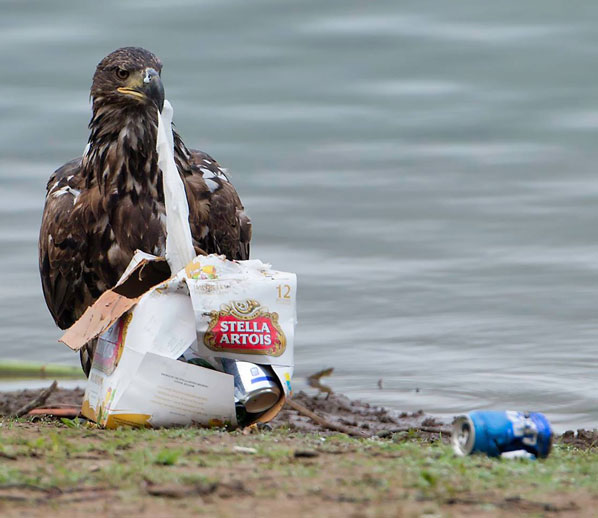
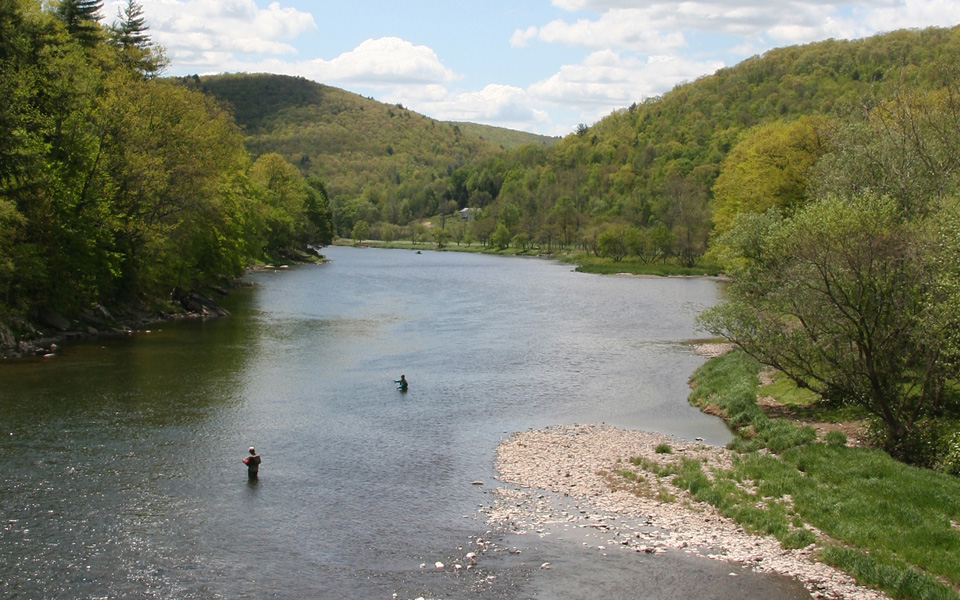
Terry Tempest Williams
Author & conservationist

